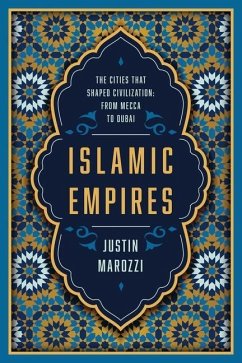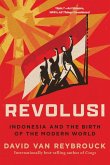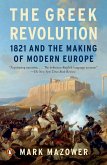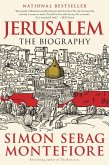Islamic civilization was once the envy of the world. From a succession of glittering, cosmopolitan capitals, Islamic empires lorded it over the Middle East, North Africa, Central Asia and swathes of the Indian subcontinent, while Europe cowered feebly at the margins. For centuries the caliphate was both ascendant on the battlefield and triumphant in the battle of ideas, its cities unrivalled powerhouses of artistic grandeur, commercial power, spiritual sanctity and forward-looking thinking, in which nothing was off limits.
Marozzi is an outstanding guide to the urban centres he expounds on, partly because of his deep understanding and love for the peoples and places he writes about. . . . The succession of delightful pen portraits of rulers, as well as writers, artists and scholars, makes for a riveting read. This is a fine book that helps recentre our understanding of the past by focusing on cities about which little is known in Europe, in spite of their enduring importance and the role they have played in history. It is a compelling and personal account by an author who knows, cares and has thought deeply about his subject matter. It is a new Hudud al-Alam, the famous 10th-century Persian geography book, for the 21st century - informing, revealing and delighting in some of the parts of the world that everyone should know about. The Sunday Times








